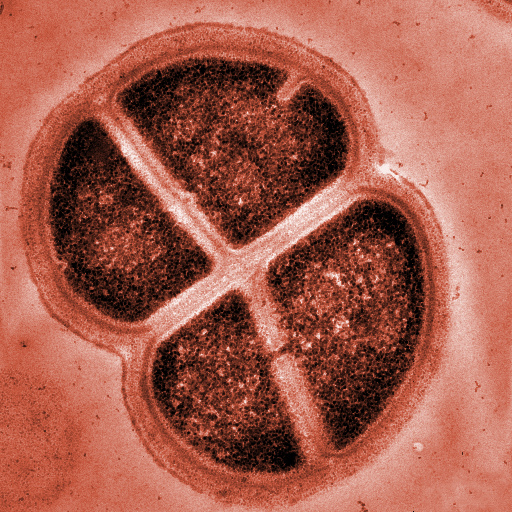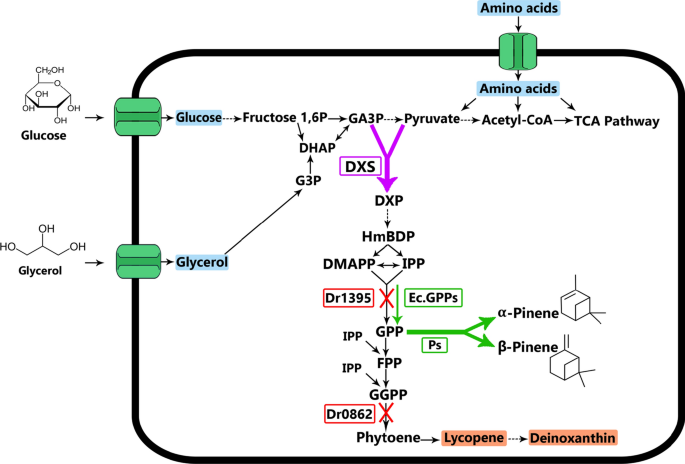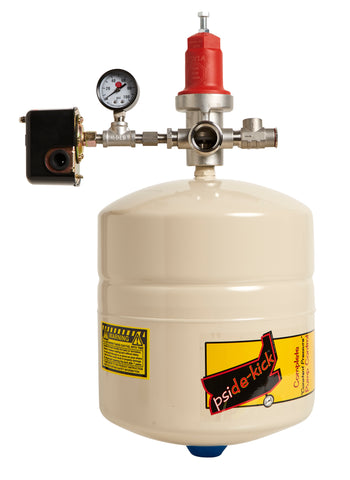Bacteria Found in Nuclear Reactors Could Be the Secret to Faster
Por um escritor misterioso
Descrição
The extremophile bacterium Deinococcus radiodurans was first discovered in 1956 at Oregon State University, where it was busy ruining a gamma ray experiment designed to sterilize a tin of ground meat. The “sterilized” meat spoiled, thanks to D. radiodurans and its preternatural durability in the face of radiation: The…

Bacteria - Definition and Examples - Biology Online Dictionary

Radiotrophic fungus - Wikipedia

New Type of Entanglement Lets Nuclear Physicists “See” Inside

Radioactivity May Fuel Life Deep Underground and Inside Other

Chernobyl's Strange Black Fungi Have a Superpower - Atlas Obscura

Structural basis for bacterial energy extraction from atmospheric
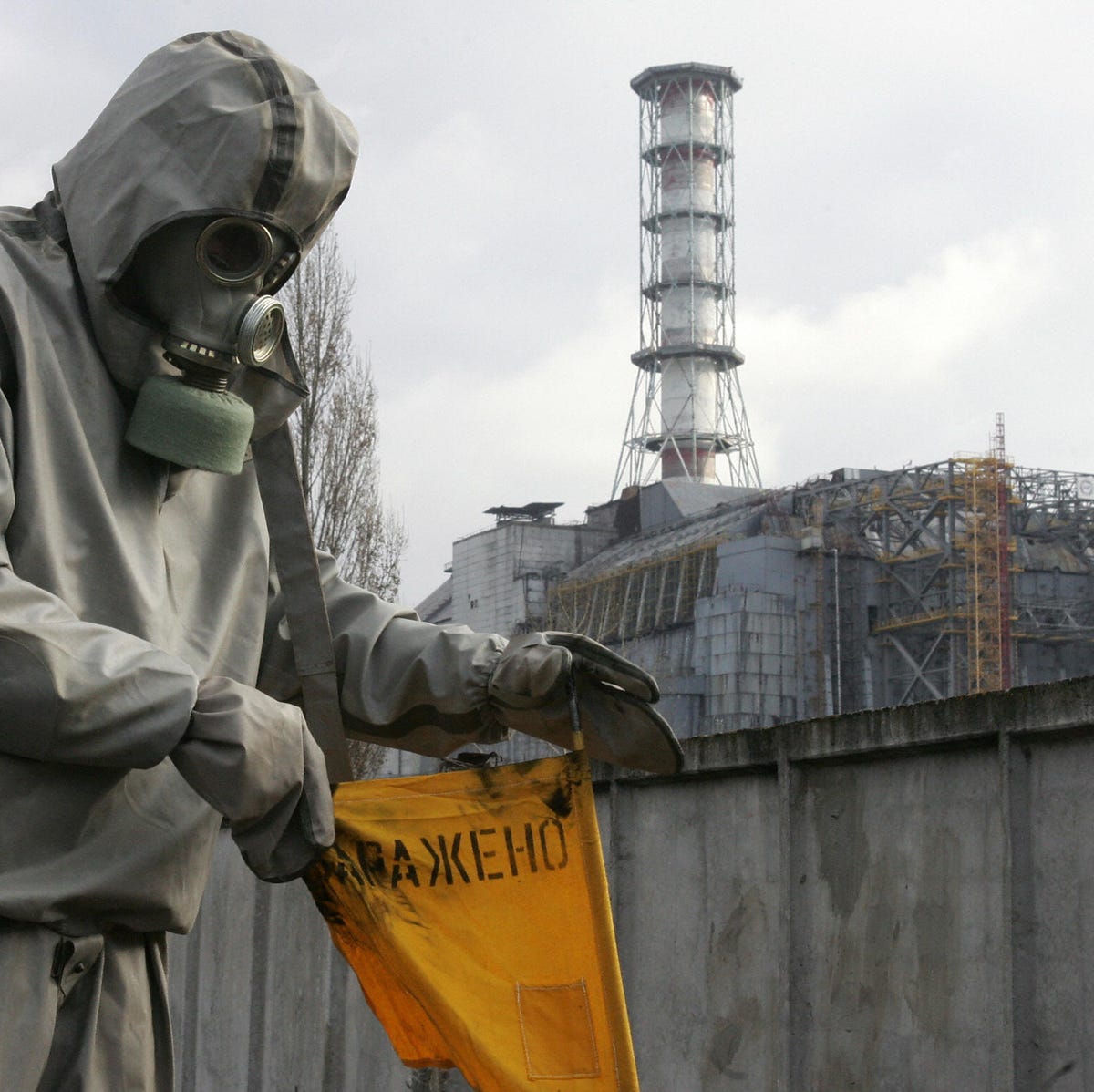
Chernobyl Disaster - Chernobyl Now - Extreme Fungus

The Russian Nuclear Company the West Can't Live Without - Bloomberg

Microbial applications for sustainable space exploration beyond

Researchers find the best way for bacteria to navigate maze-like
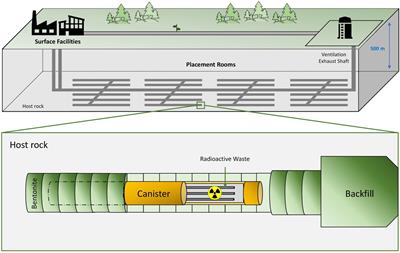
Frontiers Impact of microbial processes on the safety of deep

ScienceShot: Some Birds Thrive in Chernobyl's Radioactive Glow

How Do Microbes Remove Radioactive Waste?
de
por adulto (o preço varia de acordo com o tamanho do grupo)
